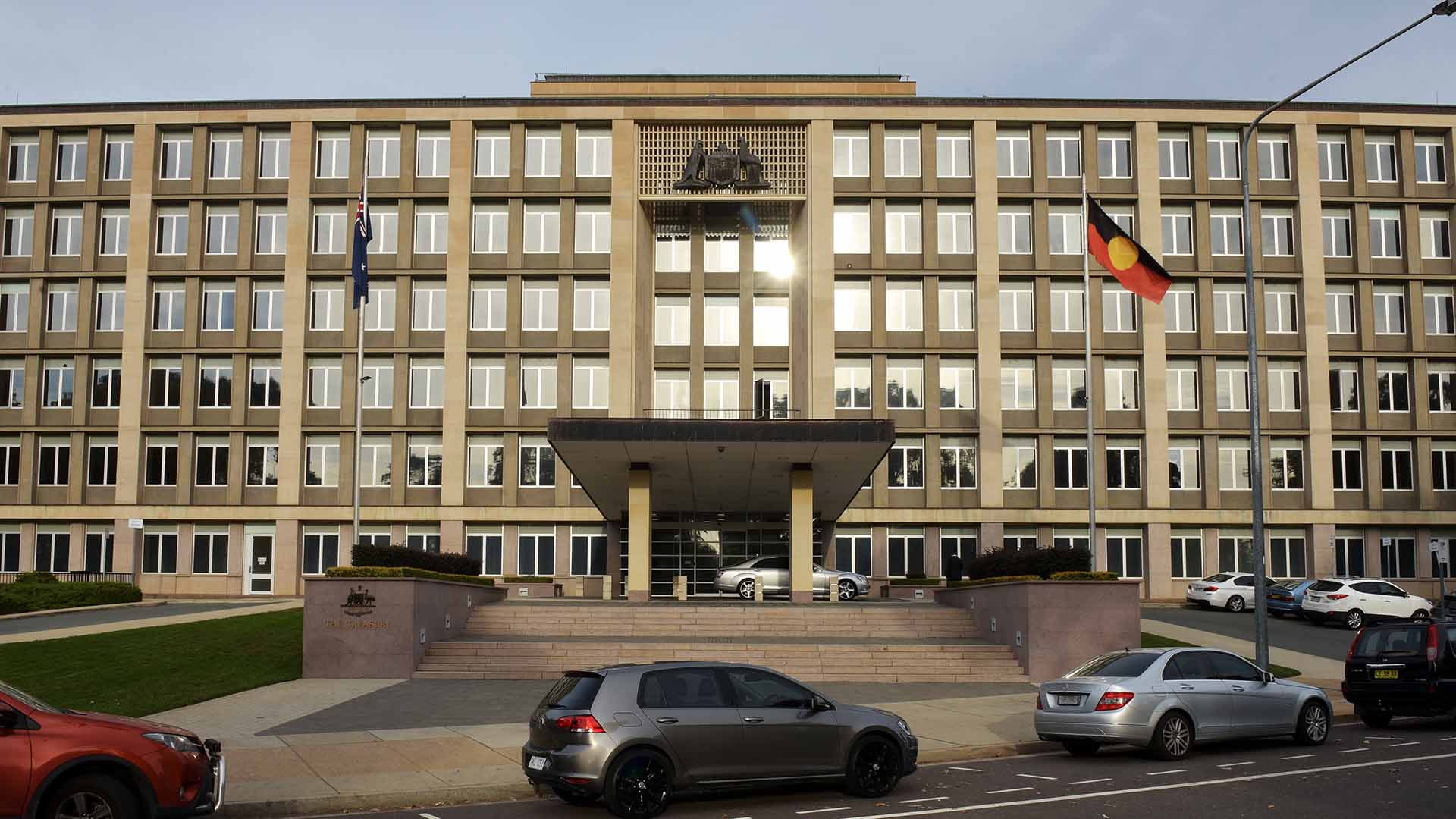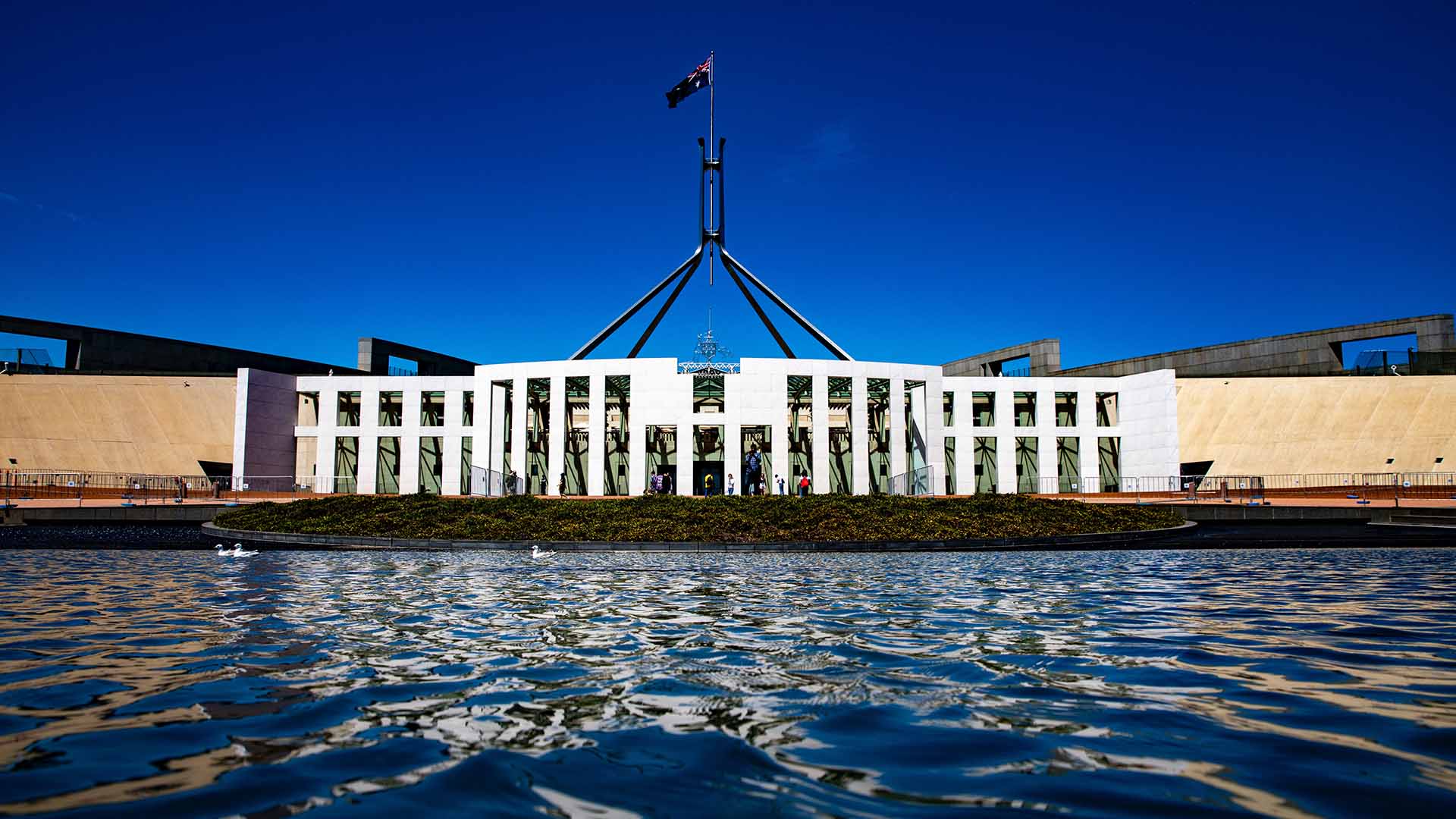CORPORATE TAX
Australia spikes plan to force companies to disclose global tax data
Following pushback from business groups, the Australian government has scaled back a new law meant to crack down on profit-shifting by some of the world’s biggest companies.

Multinational firms have won a reprieve from a new law that would have forced them to publicly disclose the taxes they pay around the world.
In late June, and just days before a self-imposed deadline to implement the plan, the Australian government backed away from its commitment to a public country-by-country reporting scheme that would have required companies to provide detailed accounts of their global operations from July 1. The decision came after intense lobbying from business interests, which warned that the proposed legislation would harm Australia’s global economic competitiveness.
The proposed legislation, which represented a campaign promise from the ruling Labor Party, would have required all companies with global revenues over AU$1 billion (roughly $668 million at the time of writing) to publicly disclose the assets they hold, the taxes they pay, and their effective tax rate in each country where they operate.
This public country-by-country reporting was intended to crack down on corporate profit-shifting, which a 2021 UN report estimated cost the countries where those profits are made $500 billion to $650 billion per year. In late June, however, the government introduced new legislation that weakened the data disclosure requirements and delayed implementation of the new law until July 2024.
A diverse range of multinational companies pressured the government to adopt this shift, arguing that the new rules could force firms to publish commercially sensitive data and would go beyond new transparency regulations being implemented by the European Union. A coalition of global fund management groups holding more than $120 trillion in investments lobbied Australia’s Treasurer to rewrite the legislation, The Australian Financial Review reported on June 15. The Business Council of Australia, which includes some of the country’s largest companies, also opposed the legislation, writing that it would “significantly increase the cost of doing business in Australia.”
Global technology firms also weighed in against the new disclosure requirements. The Silicon Valley Tax Directors Group, comprised of leading U.S. technology firms such as Alphabet, Apple, Netflix, Meta, and Microsoft, wrote that public country-by-country tax reporting “will seriously undermine existing collaborative relationships between the [Australian Tax Office] and taxpayers.” While the group requested that its letter opposing the legislation be kept confidential, its comments were nonetheless published on the Treasury’s website.
Following the release of the Australian government’s amended legislation, Assistant Minister for Competition Andrew Leigh said that Australia will attempt to align its policies with the EU’s rules. While the revised legislation is not as ambitious as the original proposal, some transparency advocates still see it as an important step forward.
“While Australia’s delay in implementing public country-by-country reporting is disappointing, the revised measures outlined by the government would still represent a monumental leap forward for international tax transparency,” said Ian Gary, the executive director of the Financial Accountability and Corporate Transparency Coalition. Even under the amended legislation, he said, “Australia would lead the pack in providing investors, lawmakers, and other stakeholders with information that they have been seeking for years.”
Those stakeholders must still wait at least another year, however, for the new rules to take effect. Until they do, transparency advocates are going to be anxiously waiting to see whether Australia’s government fulfills its promise to shed light on multinational firms’ profit-shifting practices.


